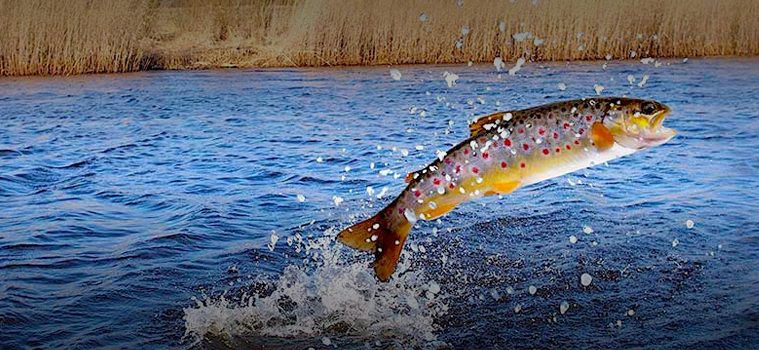…AND PERCH INTO PUSHERS –
July 6, 2021 – Previous surveys have revealed low levels of methamphetamines and other illicit substances in urban waterways.
“Whether illicit drugs alter fish behavior at levels increasingly observed in surface water bodies was [previously] unclear,” lead study author Pavel Horký, researcher at the Czech University of Life Sciences in Prague, said in a press release. To find out, Horký and his colleagues exposed several brown trout to small traces of methamphetamine. After spending two months in the drug-laced holding tanks, the fish were released into tanks of clean water.
Scientists hypothesized that if the brown trout, Salmo trutta, had become addicted, they would experience withdrawal and seek out even tiny amounts of the drug.
When presented with a choice of new water tanks to explore, the fish experiencing withdrawal consistently opted for water with small amounts of methamphetamine. The control fish showed no such preference.
Even though the fish were exposed to only tiny amounts of the drug, researchers found methamphetamine in the brains of brown trout up to 10 days after exposure ceased.



